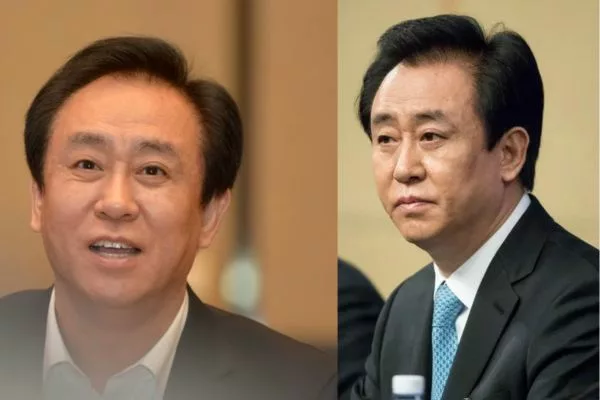
Hui Ka Yan, the founder of Evergrande, the struggling Chinese property giant has been accused of skyrocketing the revenue of the firm by £61.6bn or $78bn in just two years before defaulting debt.
Hengda Real Estate, the company’s mainland business received a fine of $583.5m from Beijing’s stock watchdog.
Evergrande Founder Hui Ka Yan Faces Accusation
Thus, it resulted in the Chinese former billionaire businessman being banned from China’s financial markets for life.
A Hong Kong court in January ordered Evergrande to liquidate its equity.
CSRC, the China Securities Regulatory Commission put the majority of the blame on Mr Hui. Mr Hui is a former billionaire businessman. Allegedly, in 2019 and 2020, the former richest man in China instructed the staff to “falsely inflate Hengda’s annual results.”
According to the company filing to the Shanghai and Shenzhen stock exchanges, the founder of Evergrande was also fined $6.5m.
BBC reported that it requested the company for comment, but didn’t receive any immediate response.
Mr Hui was suspected of committing “crimes,” hence was put under police surveillance and was investigated thoroughly last September.
This announcement by CSRC came days after China’s financial market regulator “vowed to crack down on securities fraud, and protect small investors with teeth and horns.”
According to Business Standard, Senior credit analyst at Creditsights Inc., Zerlina Zeng stated, “The CSRC fines may serve as a warning to owners of other defaulted developers that failing to collaborate with authorities over debt restructuring could result in severe consequences.”
Notably, Evergrande is the other name of China’s real estate crisis. The company has more than $300bn of debt in its name.
Appointment of liquidators has been done to analyse and study the overall financial position of the company. Liquidators will also identify the potential restructuring strategies that would work for the company.
Processes like selling off assets and seizing them can also be included to repay outstanding debts.
China is currently facing a work halt on property developments. Scenarios like would-be homeowners waiting for the homes they have already paid for are going to skyrocket.
China’s property market currently comprises one-third of the world’s second-largest economy. However, since 2021, it has been witnessing a serious financial squeeze, reported Forbes.
Official data on Monday featured that in January and February 2024, new construction of property has declined by 30% and the investment in property and real estate has fallen by 9% in China than a year ago.
Also Read: South Korea Targets $120 Billion in Chip Exports as India Joins the Global Semiconductor Market










